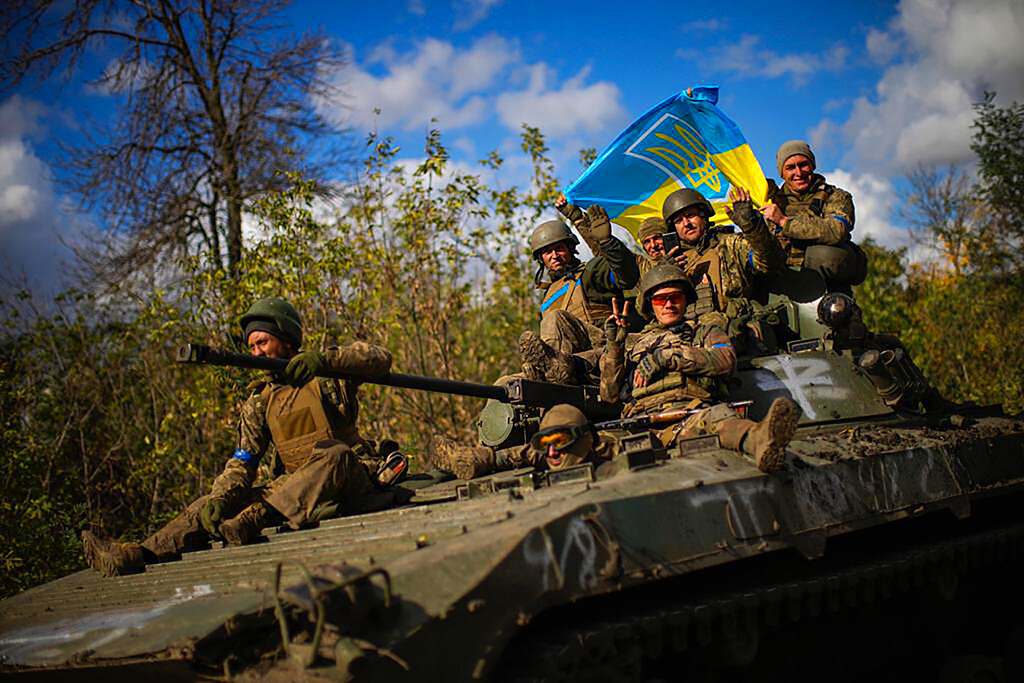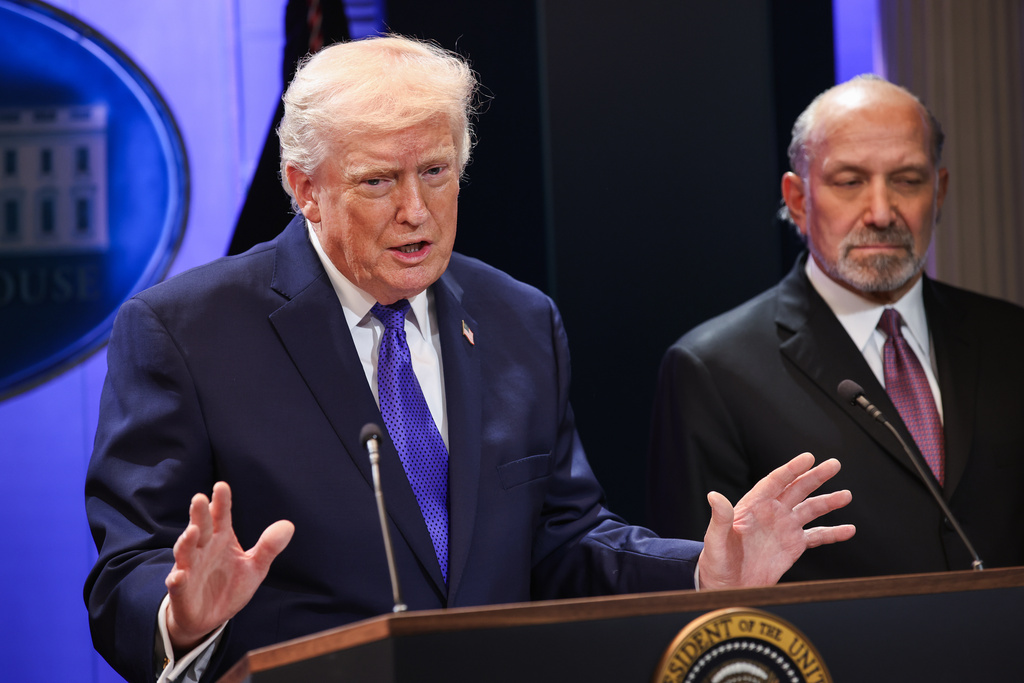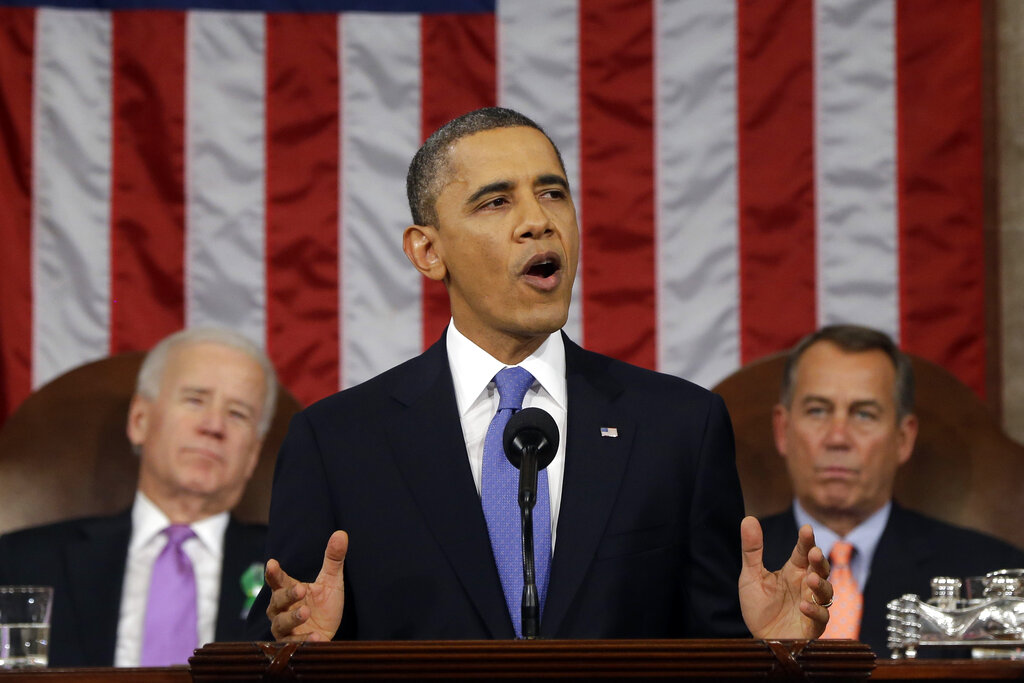President Donald Trump is back on the world stage, and he is leaving no doubt about his intent to shake up the global order. In his first major overseas trip since returning to the White House in January, the President spent the week hopscotching across the Middle East, making headlines (and deals) with Saudi Arabia, Qatar, the United Arab Emirates, and even Syria. By the end of it, he had announced over $2 trillion in economic commitments and stirred up just as much diplomatic chatter.
Don’t Miss Out: Get the latest updates – sign up for emails from No Labels.
Saudi Arabia: Weapons, Investment, and a New Syrian Relationship
Let’s start with the numbers. In Riyadh, Trump locked down a $600 billion investment package, including a $142 billion arms deal, which would be the biggest in U.S. history if followed through upon. The agreement would entail the Saudis buying missile systems, fighter jets, and training programs, all pitched as a way to bolster both regional security and U.S. defense jobs.
But the more surprising move came when Trump met with Syria’s new transitional president, Ahmed al-Sharaa. Bashar al-Assad is out, and for the first time in over two decades, a sitting U.S. president sat down with a Syrian leader, who only months ago was considered a terrorist by the American government. Trump announced the lifting of sanctions, saying it was time for a “fresh start.” Not everyone in Washington agrees that al-Sharaa is a worthwhile ally, and Congress will have to sign off on some of the sanctions being lifted, but it’s a clear shift in relations towards a country that was for a long time one of Iran’s closest partners in terror.
Qatar: Planes, Jobs, and One Very Expensive Gift
In Qatar, Trump finalized a $96 billion deal in which Qatar agreed to buy 210 new aircraft. Officials estimate it will support about 154,000 U.S. jobs per year.
More controversially, the Qatari government gifted President Trump a $400 million luxury jet, meant to serve as a ceremonial Air Force One and eventually go to a presidential museum. Trump’s camp is calling it “a tribute to America’s leadership,” but members of Congress in both parties are demanding additional details to ensure it does not run afoul of ethics requirements.
UAE: Trillions for Tech
The UAE’s announcement was the biggest of the trip. $1.4 trillion is set to flow from UAE into the American AI sector over the next decade, a larger investment than the entire economy of the Netherlands. That includes a plan to build the world’s largest AI data center cluster in Texas and Arizona.
Trump also unveiled a $14.5 billion aviation deal between Boeing and Etihad Airways, part of over $200 billion in broader UAE-related agreements.
Iran and Gaza
On Iran, which could be on the cusp of obtaining nuclear weapons, President Trump confirmed the regime had received a formal U.S. nuclear proposal and warned them to respond quickly or face “dire consequences.” The details remain under wraps, but most reports suggest the proposal would combine sanctions relief with stricter uranium limits – or even a halt on all uranium enrichment.
Meanwhile, on Gaza, Trump acknowledged the humanitarian disaster amid escalating Israeli airstrikes. “People are starving,” he said. “We’ll take care of it.” That statement was light on specifics, but it signals the U.S. may step in with aid, though how and when remains unclear. Notably, Trump’s comments came on a trip where he declined to visit Israel, long considered America’s closest ally in the region.
The Bottom Line
Whether President Trump’s myriad deals deliver is anyone’s guess, but one thing is clear: America’s foreign policy is focused on commercial transactions. And President Trump is treating the Middle East like a market ready for disruption.
Looking for the latest in your inbox? Sign up for emails from No Labels.
Related
Sam Zickar
Sam Zickar is Senior Writer at No Labels. He earned a degree in Modern History and International Relations from the University of St Andrews and previously worked in various writing and communications roles in Congress. He lives in the Washington, D.C. area and enjoys exercise and spending time in nature.




